Below are some simple guidelines for sellers on how to prepare your home for selling which go a bit further than the usual ‘light the fire and put on a pot of coffee’ advice which everyone knows.
Presentation of your property is a critical factor in achieving the highest possible price. This is similar to preparing a car before you sell it. The emotional appeal required to stir the spirit of buyers is unlikely to be generated by a poorly presented property and a neglected building sends out warning signals to prospective buyers, so it is important to do whatever is possible to have your property looking its absolute best on inspection day.
Some particular points to prepare your house for selling:
1. Possible animal odours in the house, evidence of damp or moisture in the walls, cigarette or strong food odour, doors, windows or gates that stick, cracked glass too much furniture or personal belongings cluttering space and stained carpets.
2. To improve the presentation, seek an outside opinion as many of these problems can be fixed over a weekend for little expense.
3. Ensure the garden is tidy, especially at the front – first impressions do count with purchasers. In the summer buy some pots or plant out annuals to give extra colour. Stand in front of your house and look critically at it – check for slipped tiles, grass in the gutters etc – small points but easily rectified.
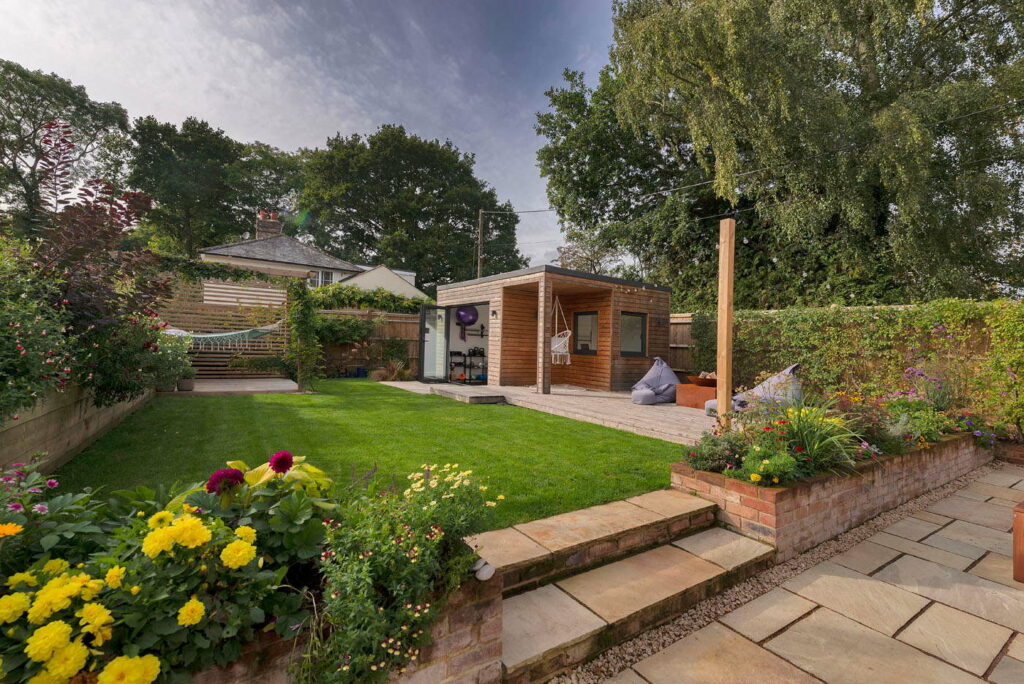
4. Make sure your property is easily identified; the name or number should be clearly seen and located where buyers expect it. Better still; display a For Sale Board which is 24-hour form of advertisement!
5. If you have limited parking, try to ensure there is room for buyers to park when they view. There is nothing more off-putting than struggling to park when you are on a tight schedule with reluctant children, who did not want to go house hunting anyway! Similarly, if you live on a main road it is always best to open gates to allow purchasers to drive straight into the property, rather than to hover outside making them more aware of the road activity.
6. Involve your solicitor at an early stage – obtain the deeds now, which may incur a charge – but save a week or two later on when you want to exchange contracts as soon as possible.
7. Be flexible about viewing appointments – many buyers have limited time to view houses and may not be able to make another appointment, especially if they are looking from out of area, which many of them are.
8. Make sure the house is warm and well-lit for viewers. It makes them feel at home and gives a good impression.
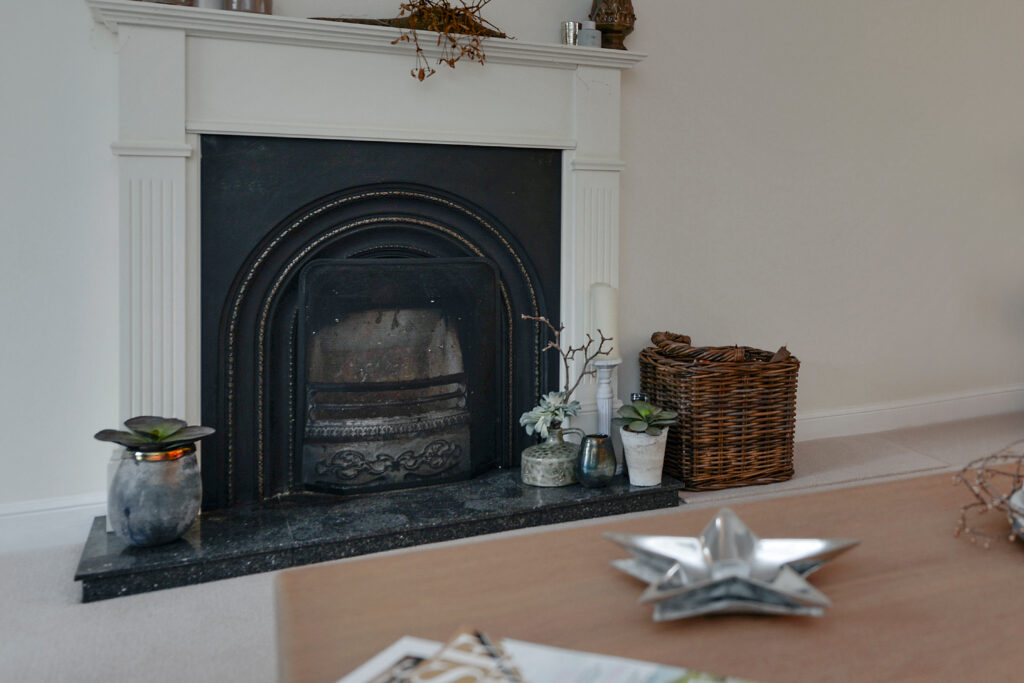
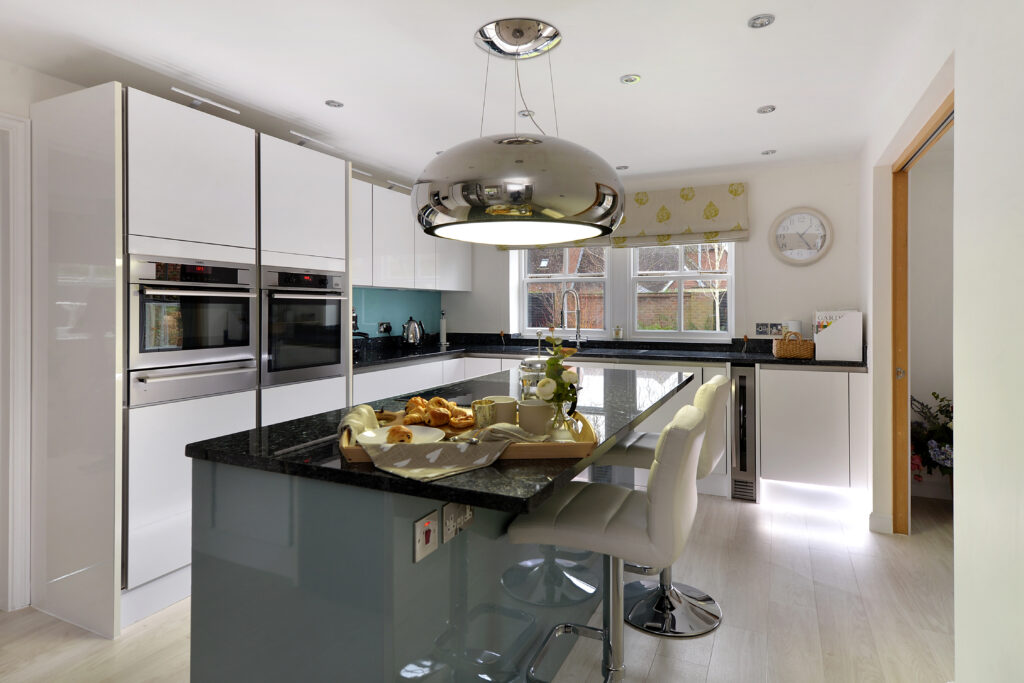
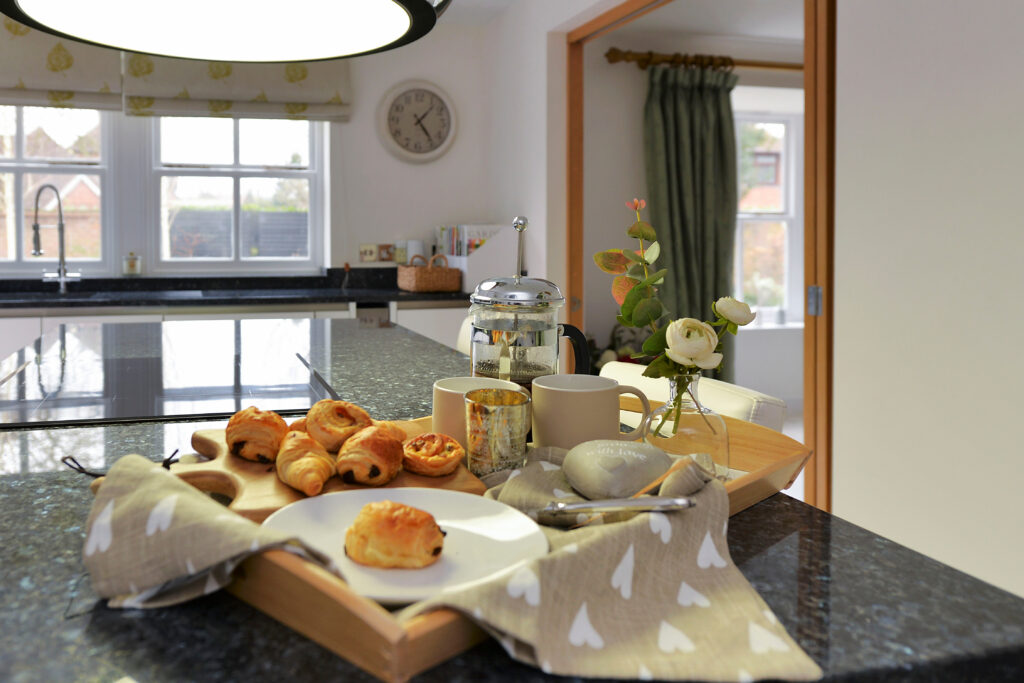
9. If you have a dog, ideally keep it out of the way. Many people are not comfortable with dogs, however friendly, especially if they have young children.


10. Do any small repairs, it is rarely worth spending large sums, but keeping up to date with the smaller jobs shows you have cared for the house.
11. If redecorating needs to be done, use light neutral colours which make the rooms look larger, even if they would not be your normal choice. However, it is not normally worth decorating a teenager’s bedroom – not that a buyer wouldn’t appreciate it – but you have to live with the consequences!
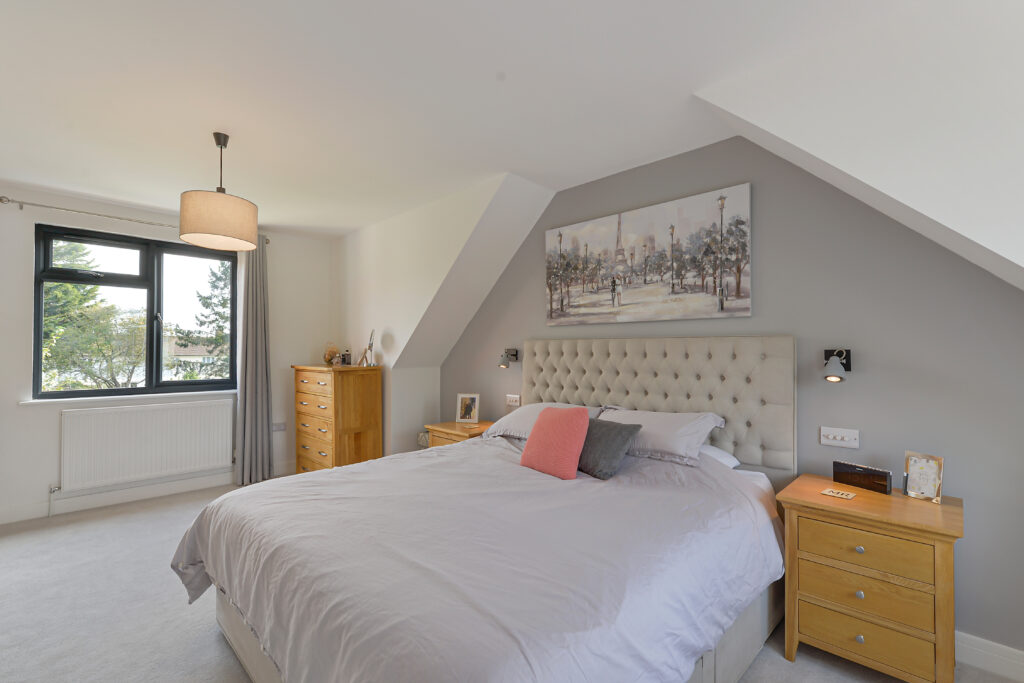
12. Gather together any relevant paperwork; guarantees for timber treatment, double glazing and such like, as to do so may not be critical but add to a buyer’s confidence. Ideally give a copy to the agent and the originals to your solicitor.
13. If you are showing people around give them time to look at the house properly. Do not feel you need to speak all the time, let them imagine their possessions in the house. People buy a home because it feels right, not because it meets a particular specification. Vendors sometimes seem to find it necessary to tell a buyer and even the agent what their property was like previously, but this is really irrelevant to the current position.
If you are looking to sell your home, get in touch with our sales team. Or get an online or in-person market appraisal
